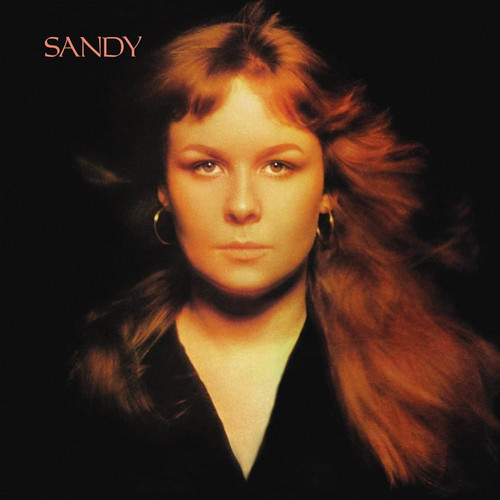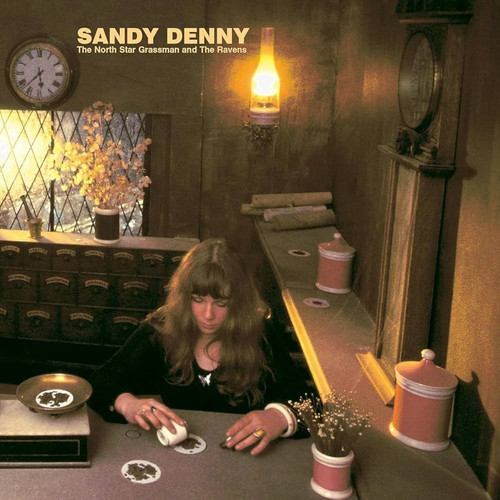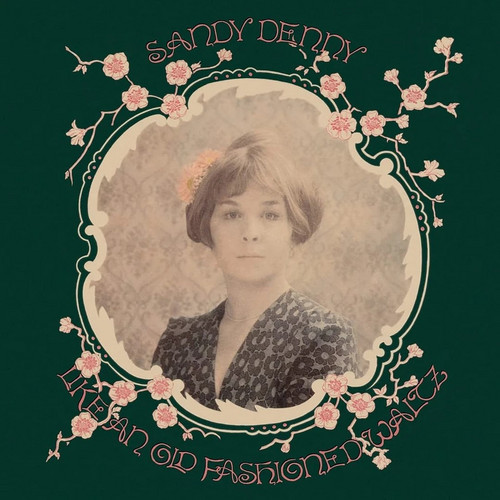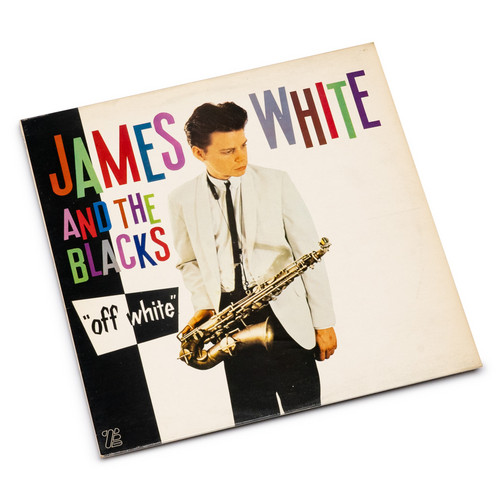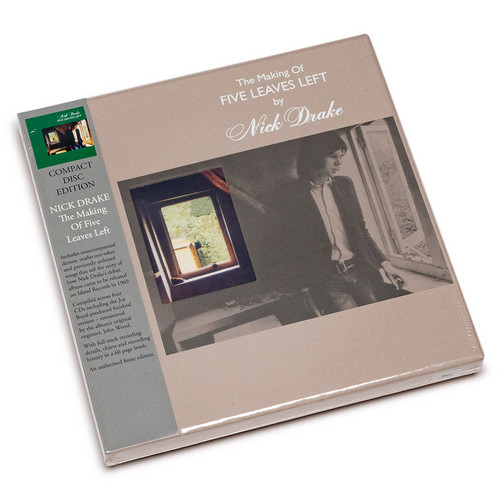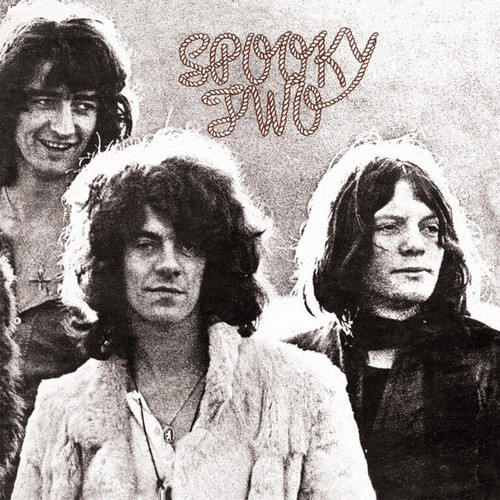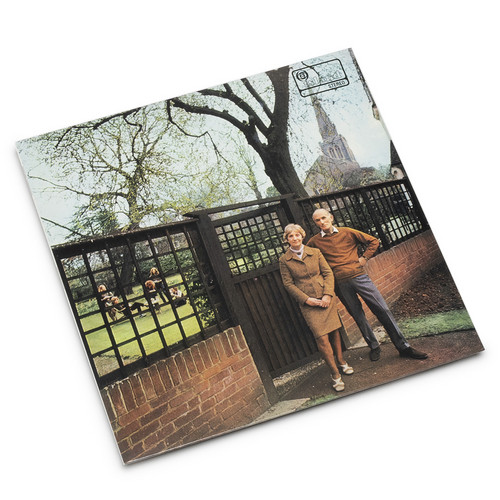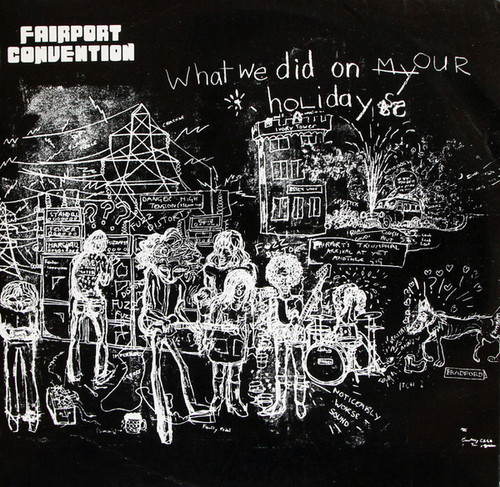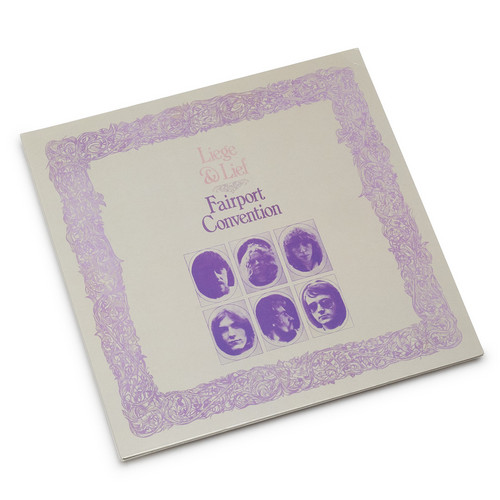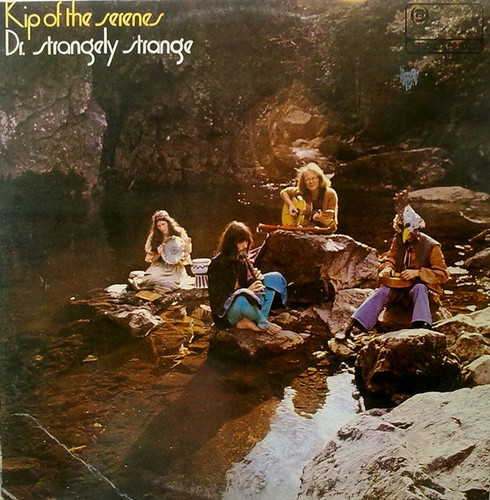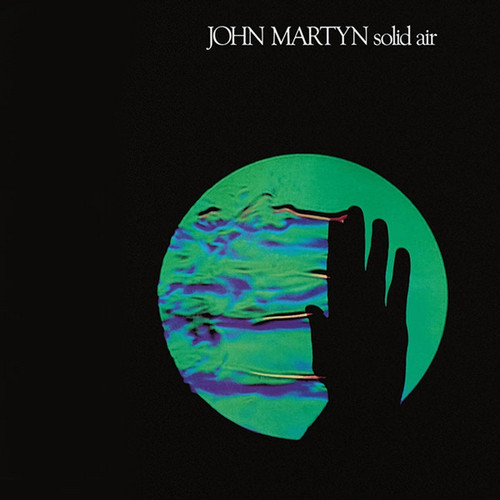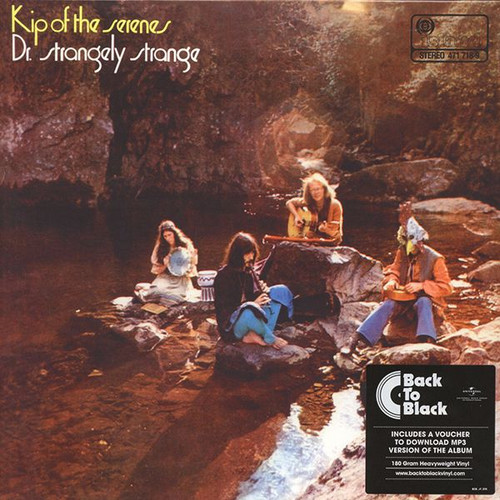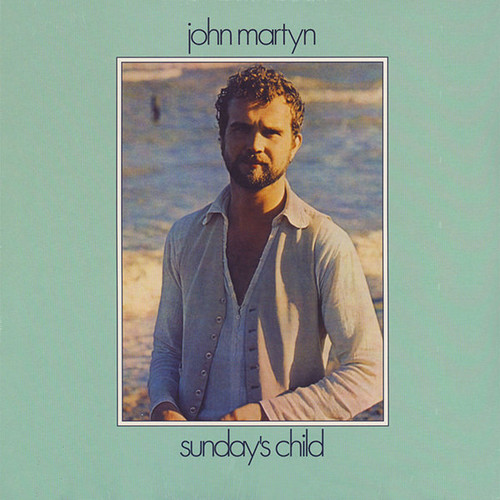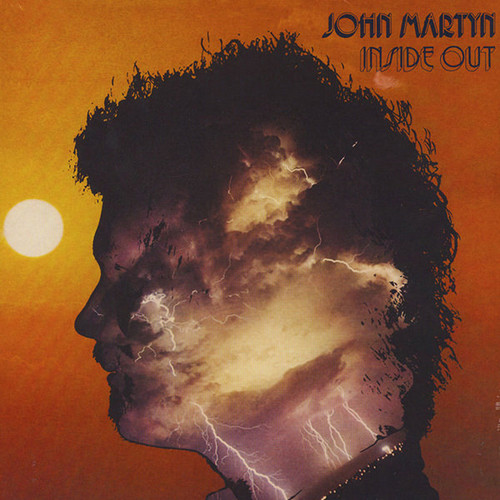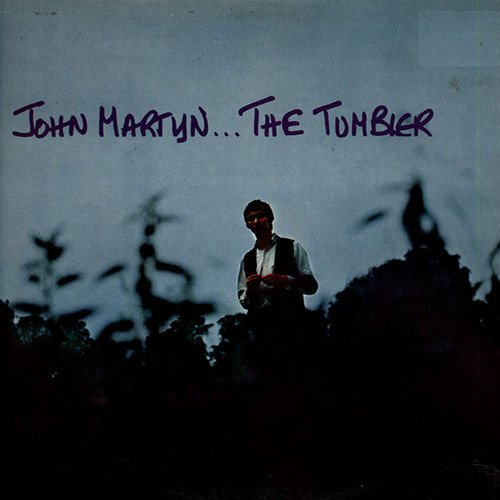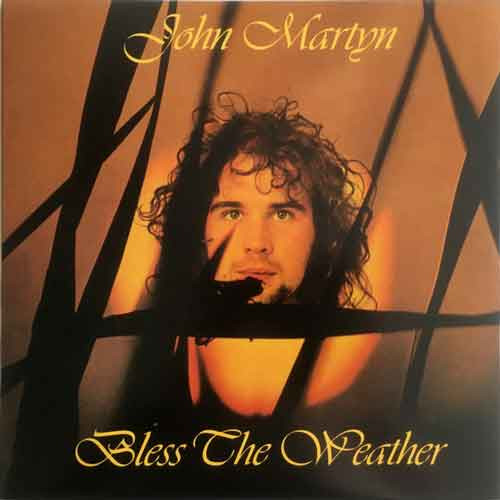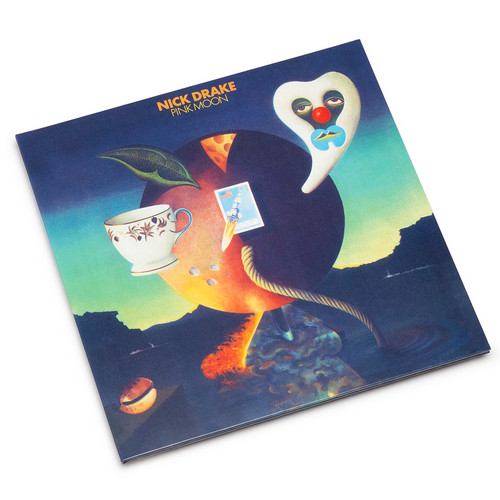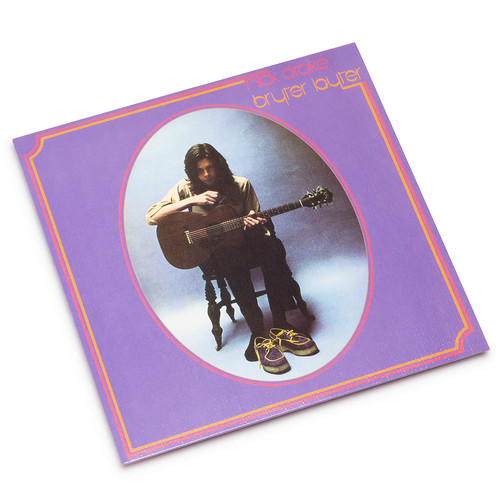★Island
Sandy
On Sandy, Sandy Denny sharpens intimacy into something orchestral, fusing folk clarity with country shimmer and chamber strings. The album feels like a private notebook sung aloud, where regret, resilience and quiet defiance unfold with luminous, unhurried precision.
The North Star Grassman and the Ravens
The North Star Grassman and the Ravens finds Sandy Denny stepping from the wreckage of Fotheringay into a dreamlike solo territory, where maritime omens, cryptic elegies and barroom detours collide. The arrangements are spare yet spectral, framing lyrics that read like riddles whispered to the tide.
Like an Old Fashioned Waltz
On Like an Old Fashioned Waltz, Sandy Denny leans into cinema-lit nostalgia, braiding English folk melancholy with 30s-inflected strings and jazz standards. Time, memory and solitude waltz together, her voice hovering between confessional intimacy and silver-screen reverie, poised at the fragile brink of reinvention.
Buy (LP)
Original 1979 Italian edition on ZE/Island of the first free jazz/funk/punk album by the fantastic No Wave band led by James Chance.
Off White (LP)
Original UK edition on ZE/Island of the excellent 1979 disco/funk/free jazz album by the leader of the Contortions.
The Making of Five Leaves Left
Last year, we commemorated the 50th anniversary of Nick Drake’s untimely passing—yet his music remains as vital as ever. His influence stretches far and wide, inspiring artists across generations, from Liz Phair and Radiohead’s Philip Selway to Let’s Eat Grandma and Fontaines D.C., all of whom paid tribute on 2023’s The Endless Coloured Ways: The Songs of Nick Drake. But while covers keep his spirit alive, nothing compares to hearing the man himself. And now, for the first time, we’re getting a …
Spooky Two
"Spooky Two is this British blues-rock band's pièce de résistance. All eight of the tracks compound free-styled rock and loose-fitting guitar playing, resulting in some fantastic raw music … their smooth, relaxed tempos and riffs mirrored bands like Savoy Brown and, at times, even the Yardbirds … Although Spooky Tooth lasted about seven years, their other albums never really contained the same passion or talented collaborating by each individual musician as Spooky Two." - Mike DeGagne
Unhalfbricking
Unhalfbricking is the third album by the British folk rock band Fairport Convention and their second album released in 1969. It is seen as a transitional album in their history and marked a further musical move away from American influences towards more traditional English folk songs that had begun on their previous album, What We Did on Our Holidays and reached its peak on the follow-up, Liege & Lief, released later the same year.
The album features several Bob Dylan songs, which he had not yet…
What We Did On Our Holidays
Sandy Denny's haunting, ethereal vocals gave Fairport a big boost on her debut with the group. A more folk-based album than their initial effort, What We Did on Our Holidays is divided between original material and a few well-chosen covers. This contains several of their greatest moments: Denny's "Fotheringay," Richard Thompson's "Meet on the Ledge," the obscure Joni Mitchell composition "Eastern Rain," the traditional "She Moves Through the Fair," and their version of Bob Dylan's "I'll Keep It …
Liege & Lief
Liege & Lief is the fourth album by the British folk rock band Fairport Convention. It is the third album the group released in the UK during 1969, all of which prominently feature Sandy Denny as lead female vocalist (Denny did not appear on the group's 1968 debut album), as well as the first to feature future long-serving personnel Dave Swarbrick and Dave Mattacks on violin/mandolin and drums, respectively, as full band members (Swarbrick had previously guested on Unhalfbricking). It is also th…
Kip Of The Serenes
*2023 stock* Ireland's answer to the Incredible String Band, Dr. Strangely Strange engaged in the same type of psychedelic acoustic music with folksy arrangements. With traditional instruments like penny whistle, fiddle, harmonium, and mandolin, Dr. Strangely Strange was more solidly rooted in melody and structure than the group's flaky Scottish counterparts. Produced by British modern folk guru Joe Boyd, Kip of the Serenes is built around simple and repetitious melodies occasionally interrupted…
Solid Air (LP)
Released in February 1973 and regarded by many as the John Martyn album. The title track was written for friend and peer Nick Drake and concerned Drake's mental strife at the time. (Drake took his own life the following year, a great loss to John personally, and to music generally). Adventurous, dynamic, with a rare depth and power, the album demonstrated John's slurred vocal style, reaching the state where it became fully integrated into the overall sound as an improvisational instrument used …
I've Always Kept a Unicorn: The Acoustic Sandy Denny
"Transcendental. I’ve never heard a voice like Sandy Denny’s. She started out with the band Strawbs, which she left when she realized they weren’t particularly folk enough for her, and joined Fairport Convention, where her, and many others, would make folk-rock history. Quite honestly, since I wasn’t around for this generation of folk, the only songs I like by Fairport Convention, are Sandy Denny’s songs. Her voice is simply breathtaking in its beauty and power, dynamic range, etc. Practically 4…
Kip Of The Serenes
Dr. Strangely Strange were an experimental Irish folk group, formed in Dublin in 1967 by Tim Booth and Ivan Pawle. the Strangelys were friends and contemporaries of the Incredible String Band, whose producer Joe Boyd signed them to his Witchseason management and production company in 1969. This first album originally came out in mid 1969 on Island Records. Over the years, Kip has acquired a considerable cult status; in 2007, Record Collector Magazine proclaimed it one of the UK's hundred most co…
Sunday's Child
John Martyn's follow-up to 1973's Inside Out is a much more song-oriented, less experimental effort which concentrates on the joys of home and family. Sunday's Child skillfully blends the sensual ("You Can Discover") with the sweet ("My Baby Girl"), the modern ("Root Love") with the traditional ("Spencer the Rover"), and the tormented ("Sunday's Child") with the satisfied ("Satisfied Mind," "Call Me Crazy") while retaining its cohesiveness. The record, his sixth on his own, shows the many facets…
Inside Out
Of all the musicians who attempted to marry modern jazz/rock ideas with
traditional British folk in the late '60s/early '70s, John Martyn was
the most challenging and aggressive. He had others giving him a run for
his money, sure -- Richard Thompson attacked the guitar with Sufi focus
and clarity; Bert Jansch often employed a sharp, metallic edge in his
work; and John Renbourn was capable of guitar maelstroms -- but when it
came down to it, no one was as out-there as Martyn, as experiment…
The Tumbler
John Martyn’s second album was released in December 1968. Another album in
the folk tradition but featuring the jazz flautist Harold McNair,
particularly on the romantic Dusty, The Gardeners and Fly On Home. As a
young man John stayed with his sister who lived near Hampton Court and
the song Dusty was inspired by his happy memories of Hampton Court Fair. This album was produced by Al Stewart and had more of a sparkle than
London Conversation and John said, “The album ‘sings’ a bit more than…
Bless The Weather
Though his earlier albums had merit, John Martyn truly came into his own with 1971’s Bless the Weather. The bittersweet grace of “Go Easy,” “Back Down the River,” and “Head and Heart” showcase Martyn’s agile folk-blues guitar touch as well as his delicate vocal shadings and sparse lyric style. A brooding Celtic atmosphere hangs over these tracks, reflected in the mellow fatalism of the title tune and the regretful yet accepting outlook of “Let the Good Things Come.” Whatever the feelings express…
Pink Moon
The culmination of Nick Drake's emotional outpouring. Pink Moon is Drake’s deepest and most emotional record, originally released in 1972, following a long bout of severe depression. Whatever darkness he was in, he was able to channel those emotions into this final album, creating an opus that continues to grow in popularity and is reissued here on 180-gram vinyl. Unlike his other albums, this was recorded without a backing band, creating an even more intimate and personal experience. The title …
Bryter Layter
**2018 repress. Reissue on heavyweight vinyl in textured sleeve** With even more of the Fairport Convention crew helping him out -- including bassist Dave Pegg and drummer Dave Mattacks along with, again, a bit of help from Richard Thompson -- as well as John Cale and a variety of others, Drake tackled another excellent selection of songs on his second album. Demonstrating the abilities shown on Five Leaves Left didn't consist of a fluke, Bryter Layter featured another set of exquisitely arrange…
